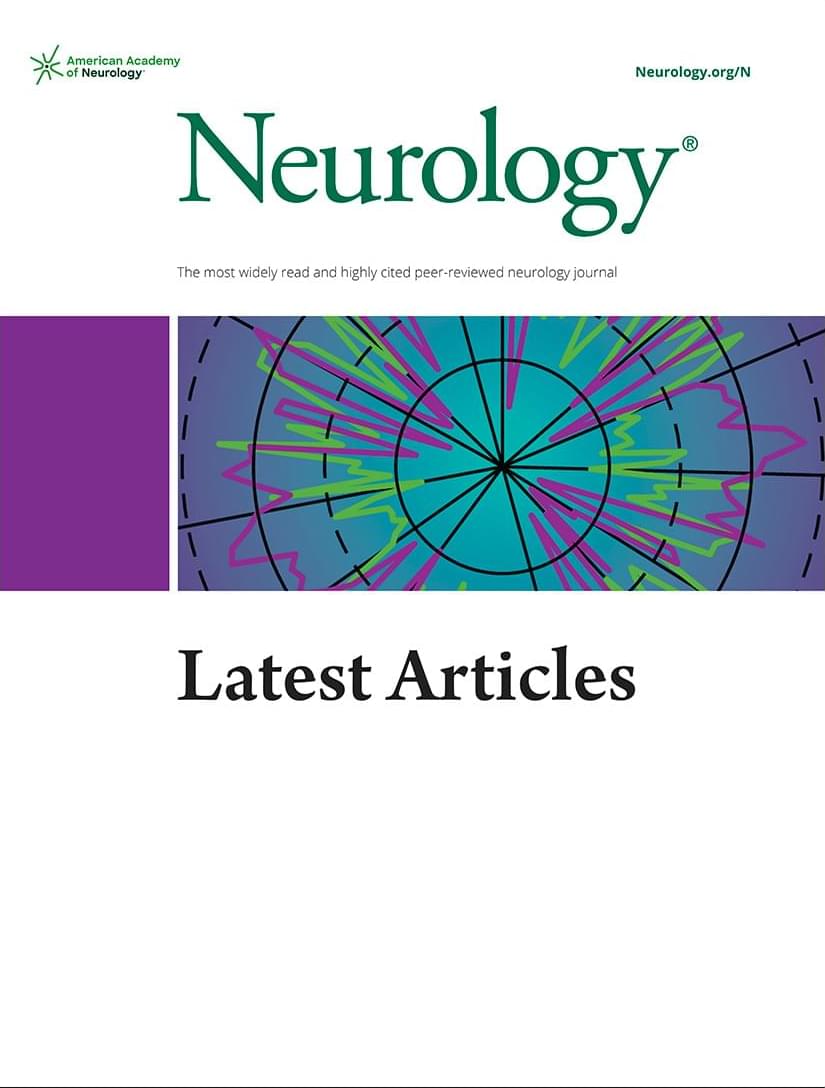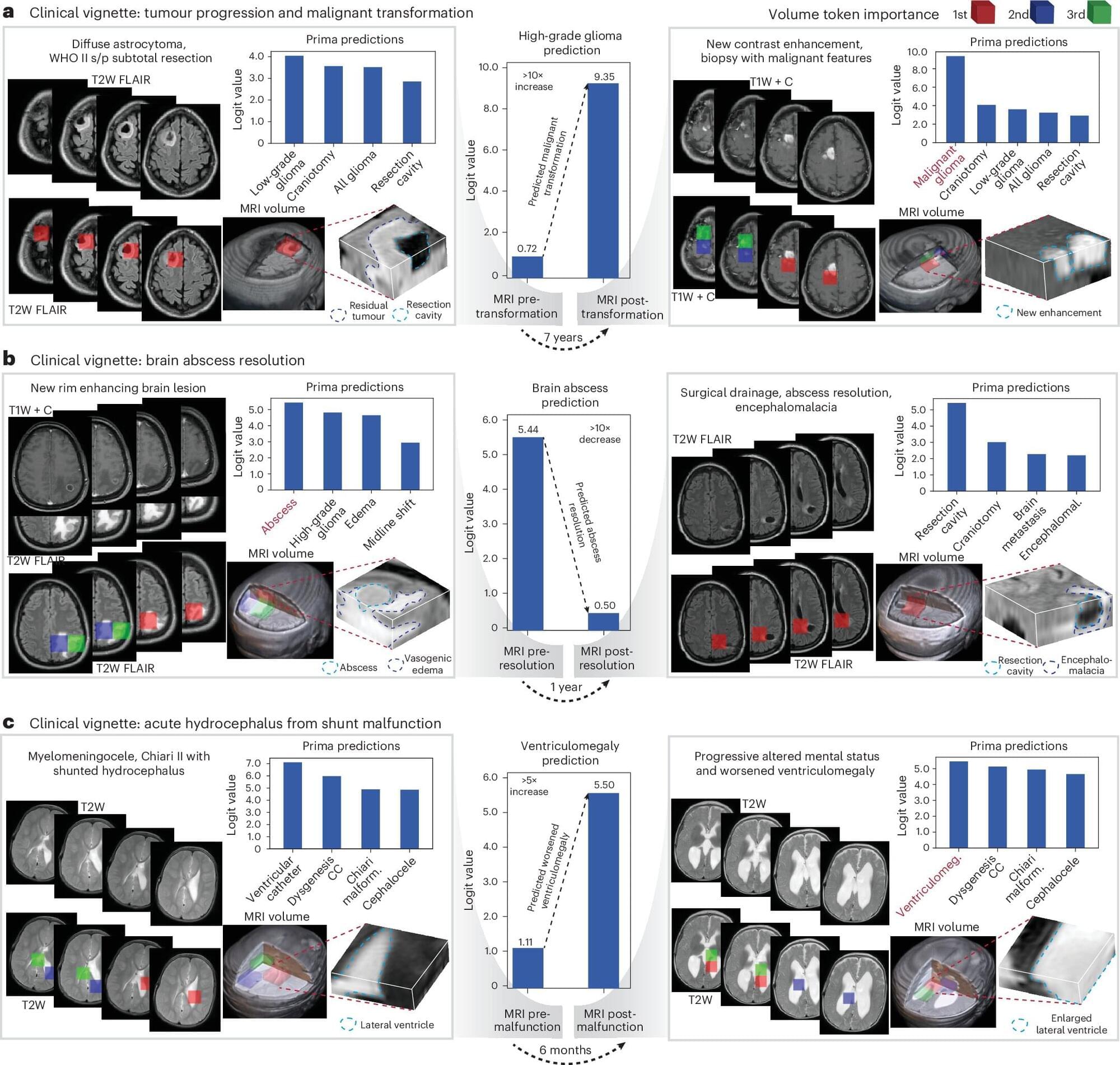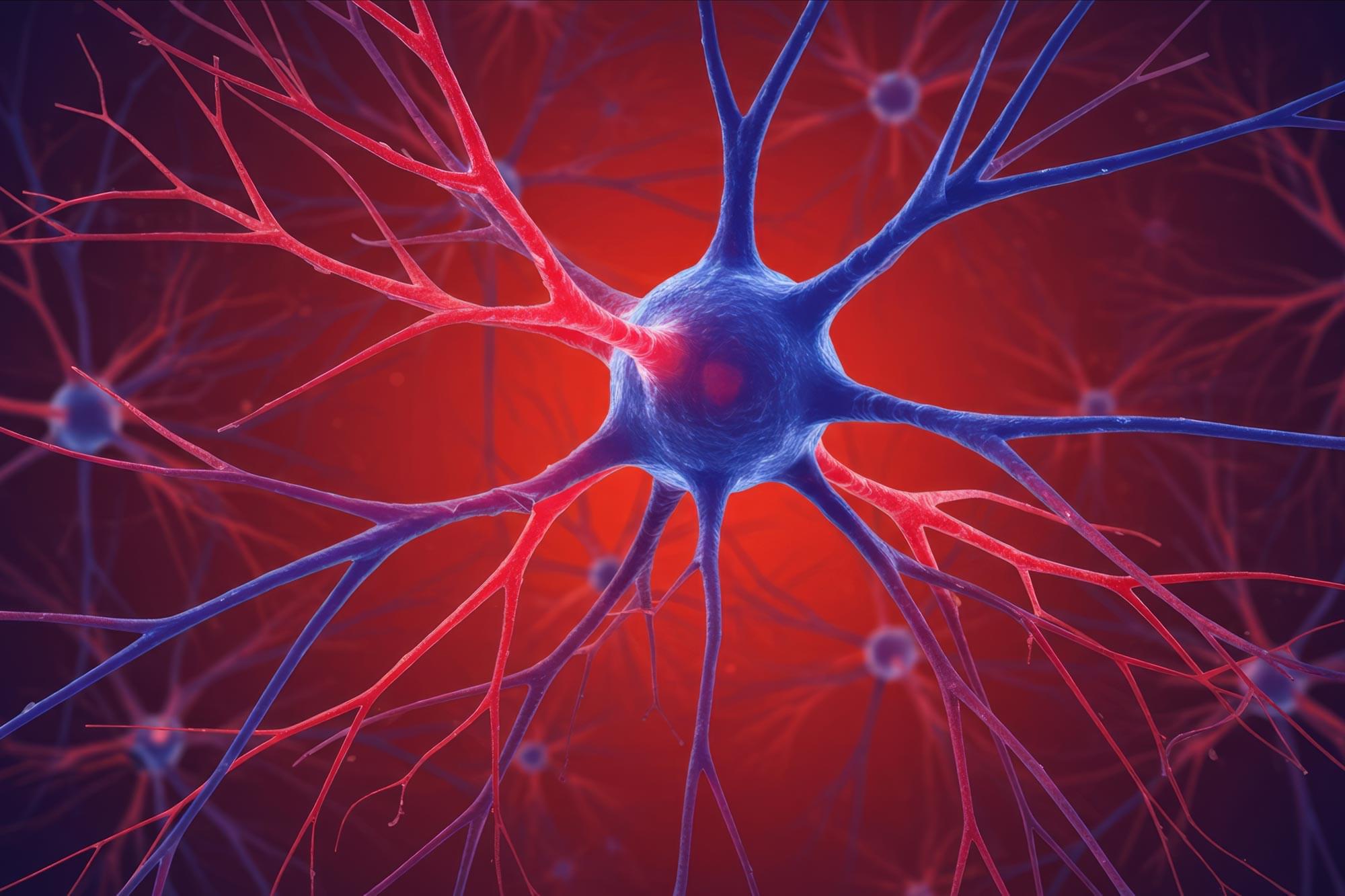RCT: Daily oxytocin administration combined with positive physical intimacy was linked to improved wound healing and reduced cortisol. Oxytocin alone or positive interactions without physical intimacy did not enhance healing, suggesting the neurohormone acts to amplify the health effects of social behaviors.
This double-blind, randomized, placebo-controlled trial tested whether intranasal oxytocin, instructed positive interaction (PAT), and naturally occurring intimacy influence wound healing. Oxytocin enhanced wound healing only in interaction with social behaviors, by tendency with PAT and significantly with affectionate touch and sexual activity, whereas oxytocin or PAT alone showed no effect. These findings suggest that oxytocin amplifies the benefits of intimacy rather than exerting direct effects.
Previous animal data on this topic are mixed, with oxytocin alone showing no effect on healing,31 but synergistic effects with social interaction in hamsters29 and with social housing in mice.30 Human evidence remains scarce, limited to 1 study linking endogenous oxytocin with partner communication and faster healing.33
Despite early enthusiasm in oxytocin administration studies, more recent reviews have highlighted that findings from intranasal oxytocin research are inconsistent and studies are often underpowered.47-49 Several large-scale replications have failed to reproduce key effects, such as the link between oxytocin and trust,50 and null results have been reported in both healthy and clinical populations.51 Given these limitations, researchers have increasingly called for a shift from testing general main effects of oxytocin toward examining interactions that consider individual and contextual factors.48,52 As summarized by Yao and Kendrick,53 oxytocin effects in romantic contexts vary depending on factors like relationship type and perceived partner characteristics; for example, oxytocin enhances partner attractiveness, especially when the partner is seen as trustworthy.









